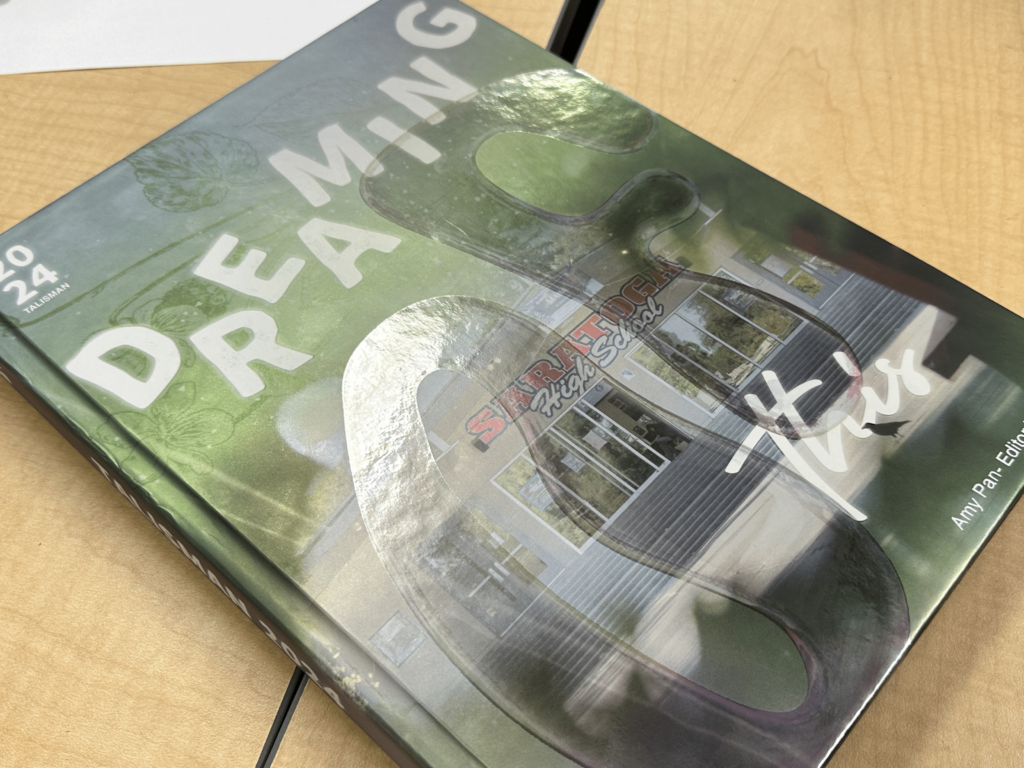The speech and debate team is returning to a leadership structure from the past, one that was more successful in encouraging participants to show up to practice.
On May 9, Coach Christopher Harris chose the students who will fill the leadership positions for the 2016-2017 school year.
Sophomore Divya Rallabandi will serve as president, sophomores Ayush Aggarwal and Sathvik Koneru as policy debate captains, sophomores Karthik Ramachandran and Arun Ramakrishna as public forum debate captains, sophomores Varun Meduri and Gaurav Mohan as parliamentary debate captains and sophomore Austin Wang and junior Siavash Yaghoobi as Lincoln-Douglas debate captains.
Until earlier this school year, the speech and debate team used its event captains for leadership. One or two seasoned competitors provided coaching and guidance to younger, less experienced underclassmen.
The problem was that practice hours often depended on each captain’s schedules. As the school year progressed, coordinating practices grew increasingly difficult, and in September, Coach Chris Harris decided it was time to try a different approach.
“The coaching staff strives to remain flexible with the demands, concerns and expectations of a constantly evolving student body,” Harris said.
At the beginning of this season, he introduced a new leadership system, in which students could develop and fulfill those roles as long as he approved each application. Some students applied for positions such as “administrative manager” and “logistics director” without thoroughly outlining their responsibilities.
Eventually, only three people were assigned official positions for the 2015-2016 school year. Seniors Shrey Desai and Aakash Thumaty were named co-presidents of the club, while Rallabandi was named vice president.
Ramakrishna’s policy debate partner, Aggarwal said the original captain-led leadership system is the better one, since it ultimately attracted more students to practices and competitions.
Aggarwal said that he and Ramakrishna made up one of the club’s only two varsity policy debate teams that consistently attended the team’s debate practices, facilitated by Coach Harris and his partner, Steve Clemmons.
Despite the lack of students at practice, the usual five debaters and three speakers who did attend practice were able to build strong connections with the coaches.
“We’re all definitely much closer with Coach Harris and Coach Clemmons, but not because of [our leadership] positions,” Aggarwal said. “It’s because we’re the only four [debaters] who show up to practice every week.”
Aggarwal hopes that the return to captain-leadership model will encourage more students to attend practice.
“I believe that our team can be truly successful, but only if the captains dedicate time to the team, and people put in effort and show up to practice,” Aggarwal said.


























